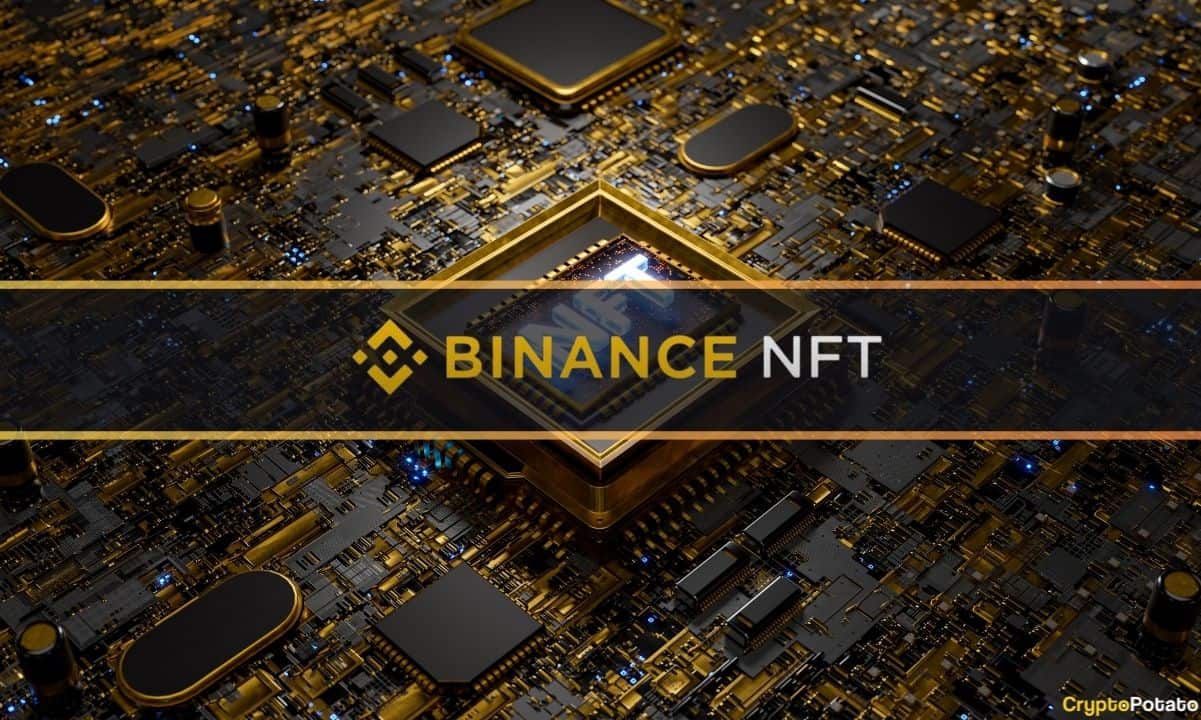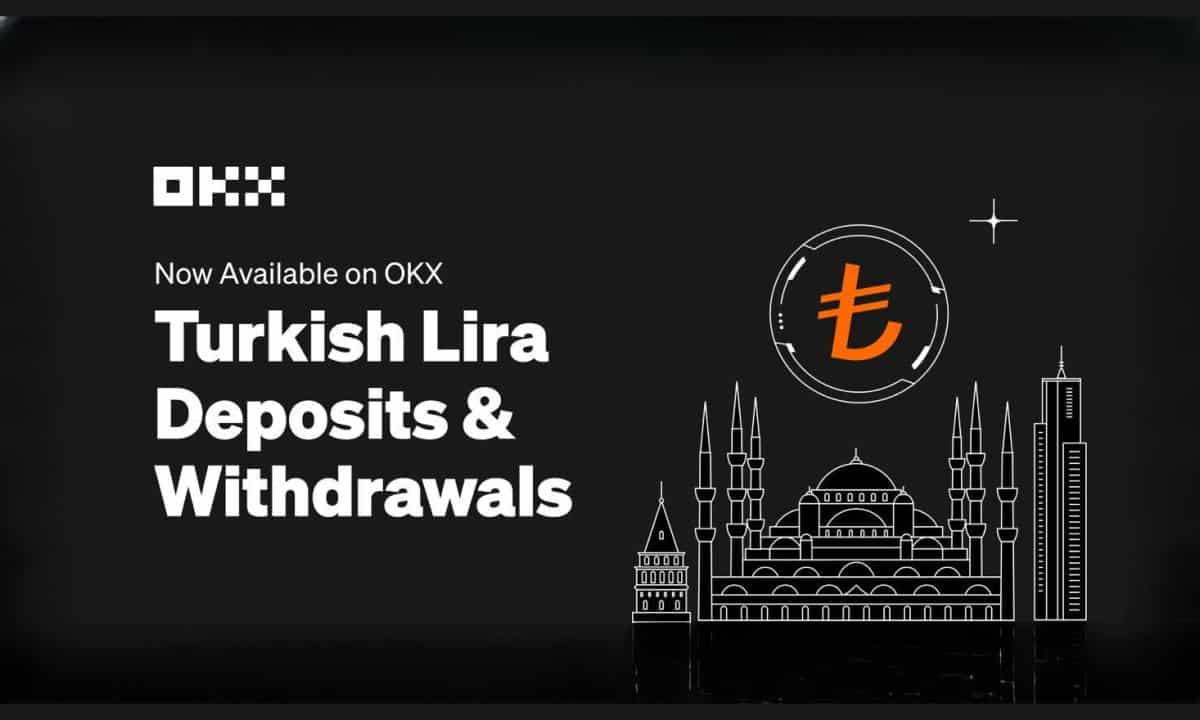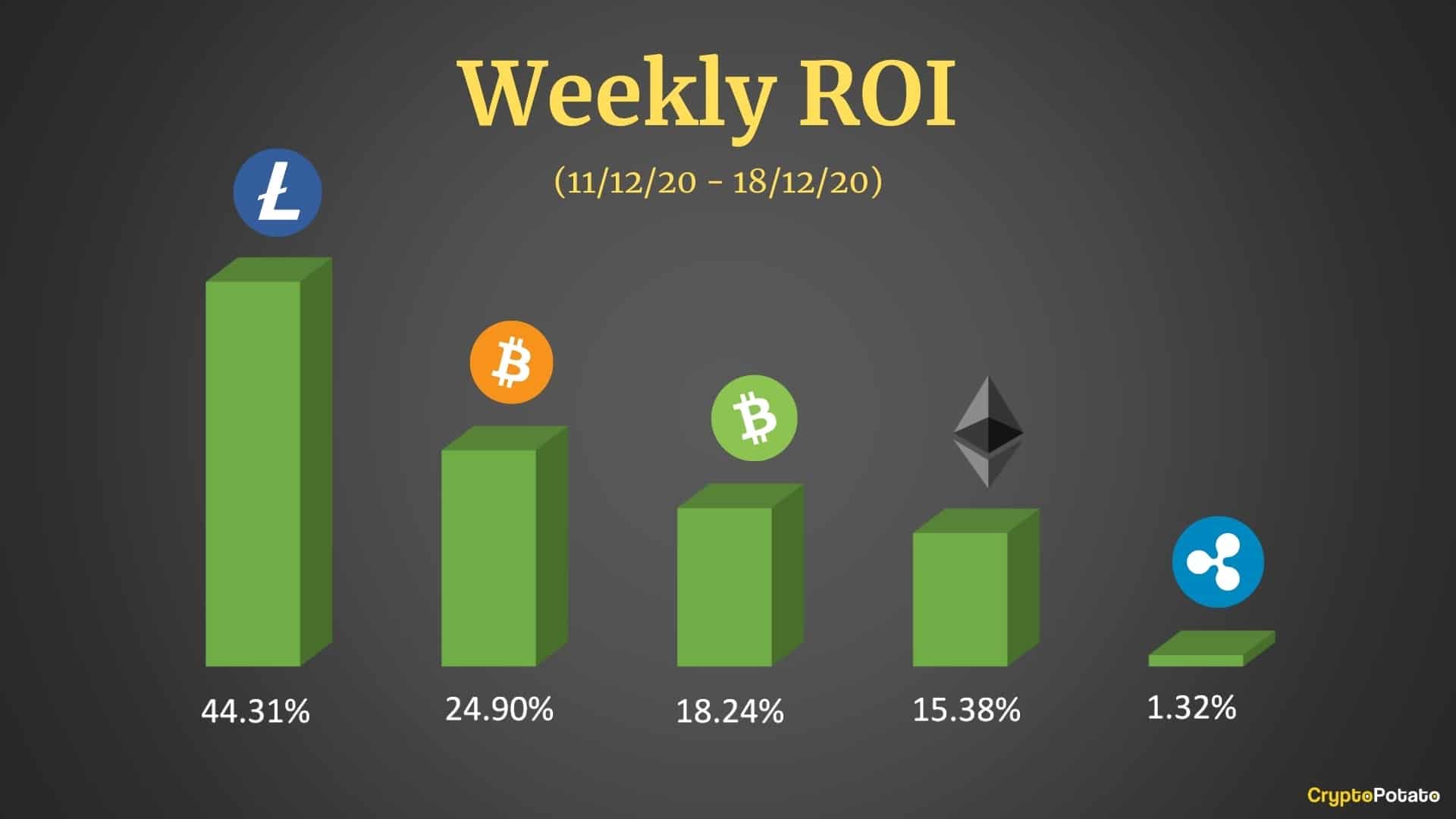Judges Scrutinize SEC During Oral Arguments in Grayscale Lawsuit
Grayscale and the Securities and Exchange Commission (SEC) have presented their first oral arguments in court regarding the approval/ denial of a Bitcoin a spot ETF product in the United States.
During the hearing, judges pressed the SEC on its justification for simultaneously approving multiple Bitcoin Futures ETFs, while denying an equivalent spot ETF.
Spot VS Futures: Which Leads Which?
Before the United States Court of Appeals for the DC Circuit, the SEC maintained the same argument it used when denying Grayscale’s spot ETF application in the first place: that Bitcoin Futures ETFs provide better protection against market manipulation than spot ETFs.
“The commission’s order should be upheld because it was the product of reasonable decision making [and] reasonably distinguished prior approval of different products,” began the SEC’s lawyer in her prepared arguments.
The lawyer claimed that the spot markets on which Grayscale’s spot Bitcoin would trade are “fragmented and unregulated” – unlike the Bitcoin futures market, which trades solely on the regulated Chicago Mercantile Exchange (CME).
To facilitate better market oversight and protection against market manipulation, Grayscale originally suggested that it could enter into a surveillance-sharing agreement with the CME Bitcoin futures market. However, the SEC denied the application on the grounds that the futures market did not accurately reflect potential spot market manipulation– which was the crux of Tuesday’s debate.
Judge Neomi Rao fought the commission on this point, stating the Bitcoin futures and spot markets “seem to move together 99% of the time.”
“It seems there’s quite a bit of information here on how these markets work together, and the SEC has not offered any explanation that the petitioners are wrong,” she said.
The SEC’s lawyer contended that Grayscale must present evidence that spot Bitcoin prices lead those of the futures market, and that surveilling the Bitcoin futures market will adequately detect fraud and manipulation in the spot market. In the agency’s view, data in support of that remains “mixed” and “inconclusive.”
GBTC Pumps After Arguments
The market appears to have taken the hearing optimistically for Grayscale, with shares in the firm’s Bitcoin Trust trading up 7.39% on the day at $12.64.
Per Grayscale’s website, its Bitcoin holdings per share are worth $20.33, meaning the share discount remains at 42.11%. If the fund were to transition into a spot ETF, that discount would be completely eliminated, and GBTC investors would see their purchases soar in value.
On Monday, Alameda Research sued Grayscale for not allowing customers to redeem their shares and realize the value of their underlying Bitcoin and Ethereum holdings.
The post Judges Scrutinize SEC During Oral Arguments in Grayscale Lawsuit appeared first on CryptoPotato.









